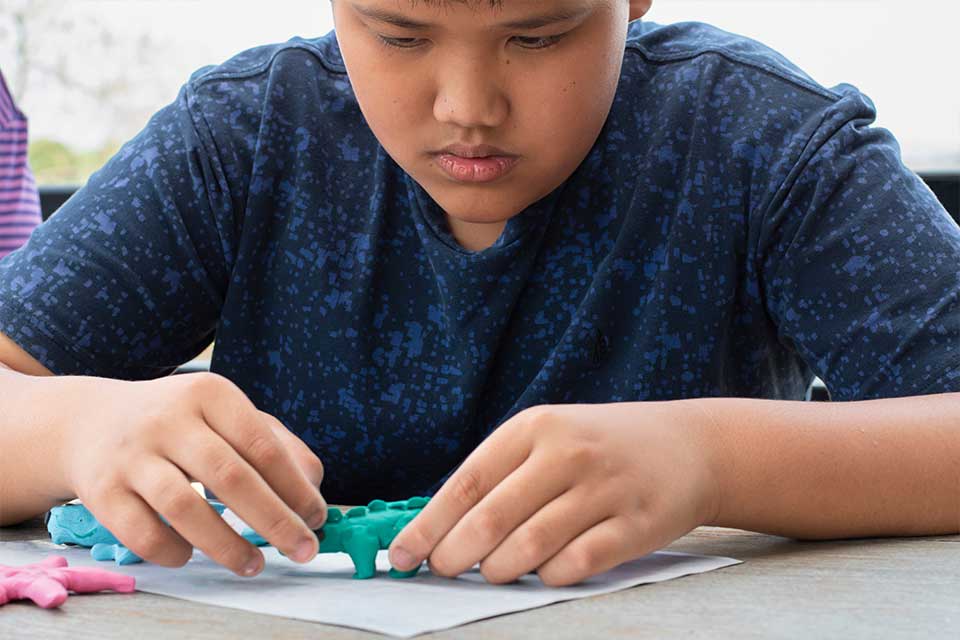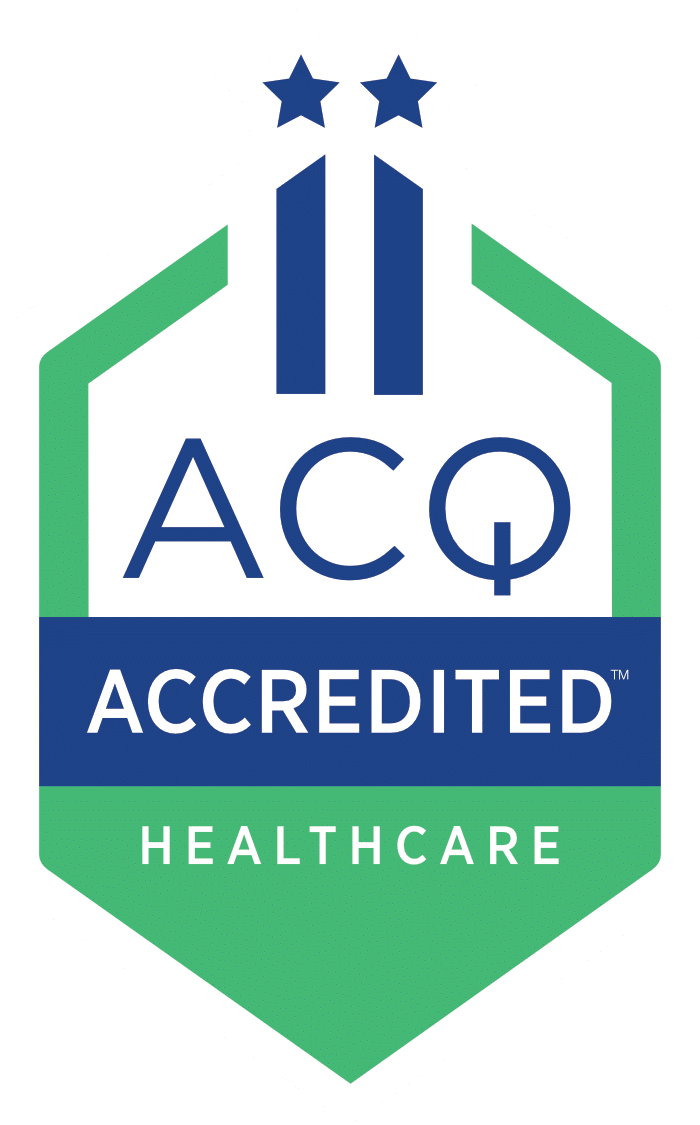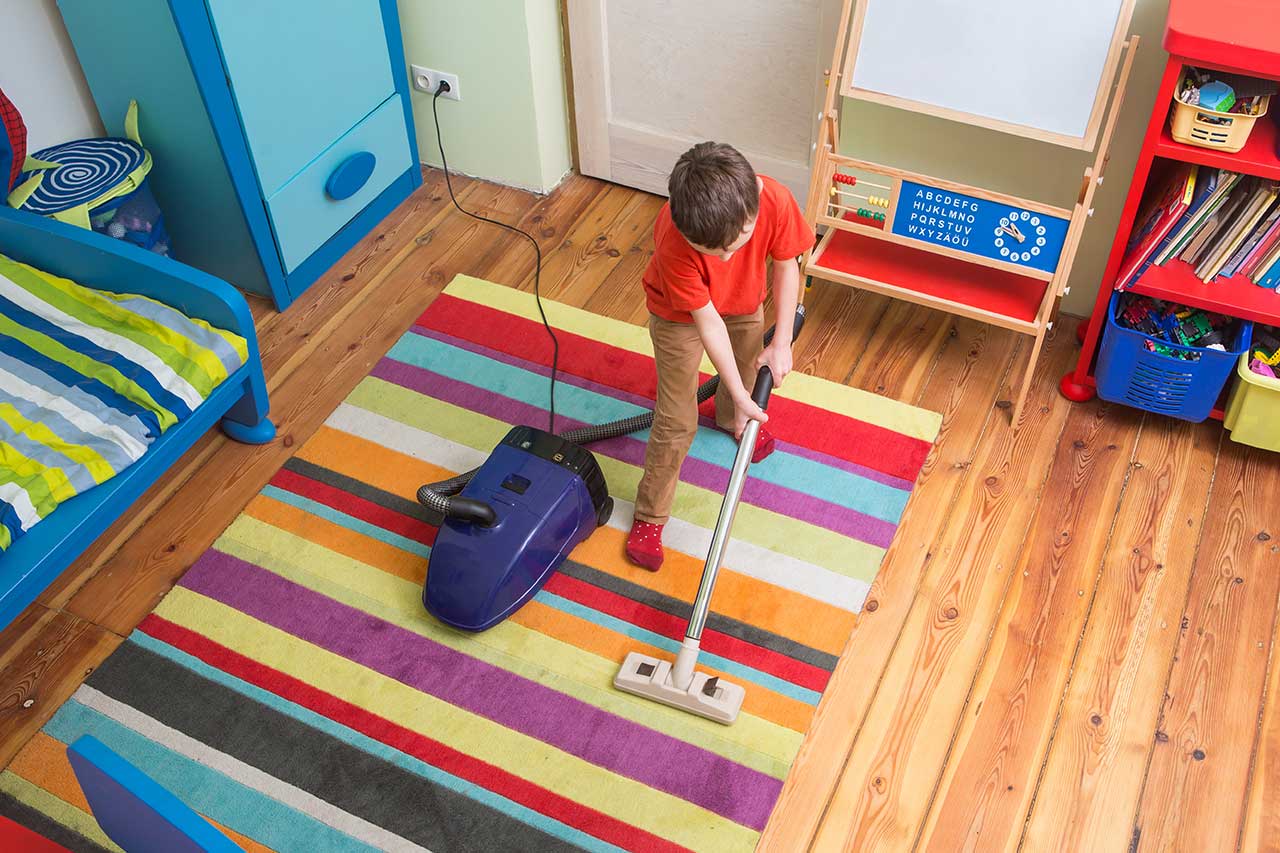My Child May Have Autism, What Do I Do?
Most frequently, people are diagnosed with autism as children. Sometimes, a parent or caregiver will advocate for an autism assessment for their toddler or young child based on suspected developmental differences that they notice or as a suggestion from a pediatrician, close friend, or family member. Others may seek assessment for other neurodiverse conditions, such as ADHD or dyslexia, before coming to the realization: my child may have autism.
This revelation is often accompanied by a number of questions, like: How do I test if my child is on the spectrum? Can autistic kids go to a normal school? Can a child with mild autism live a normal life? Don’t feel guilty for asking yourself these and other questions – it is natural for a parent or caregiver to jump ahead before getting definitive answers. At A Bridge to Achievement (ABtA), we can help you address all of your questions and concerns, and provide you with the tools and support you and your young learner need to thrive.
In this article, we will discuss how to go about getting an autism assessment, learn about the next steps after autism diagnostics, and how to help a child with autism unlock their highest potential.
The Facts
First, let’s look at autism in America. If there’s potential that your child may be on the autism spectrum, it’s important for you to know that you are by no means alone. According to 2020 statistics issued by the CDC (Centers for Disease Control & Prevention), about 1 in 36 children have autism. It is more commonly diagnosed in boys than in girls, but is indiscriminate when it comes to socioeconomics, ethnicity, and racial identity.
The prevalence of autism has led to the development of standardized autism assessment tools, an increase in clinicians who specialize in therapeutic services for autism, and a greater level of awareness and dialogue about autism at the state and federal levels. There is a lot of information at your fingertips, and there are a number of opportunities for your child and family to grow and progress together with an autism diagnosis.
To begin the diagnostic process, you simply request services from a particular practice. Your pediatrician or others in your network may suggest some practices for you to consider, or you can choose a specific practice based on your own research. Most diagnostic assessments do not require a referral.
Autism Assessment
An autism diagnosis is determined by a psychologist or developmental pediatrician after holistically considering the results of a series of evaluative tools. This will include:
- Completion of an autism tool or tools such as: Autism Diagnostic Observation Schedule – Second Edition (ADOS-2), Autism Diagnosis Interview – Revised (ADI-R), Childhood Autism Rating Scale (CARS), Gilliam Autism Rating Scale – Second Edition (GARS-2)
- Additional assessment tools, as needed, to determine cognitive or adaptive skills
- Parent and/or caregiver interview
- Direct observation
At A Bridge to Achievement, we conduct private autism assessments at our offices. Our sole focus is on engaging the autism community, so we don’t have the extensive wait times of clinics with a broader scope. Depending on your proximity to Charlotte or Winston-Salem and your insurance coverage, we are typically able to begin the assessment process within two or three months of receiving your request through our website or a provider referral.
Partnering With Your Provider
Once you have an autism diagnosis, your next step is to find a provider who meets your criteria as a member of your care team and who is dedicated to creating an individualized therapy plan for your child. Every learner is different; therapy services are not one-size fits all. Know that a specific care plan is a necessity for your learner, not a nice-to-have.
Therapy planning at ABtA begins with a comprehensive skills assessment, including:
- Review of relevant records
- Parent/caregiver interview
- Language development evaluation
- Motor, imitative, and adaptive skills screenings
The successful implementation of an evidence-based program requires a learner’s whole community to be on board, from parents, grandparents, and siblings, or teachers and other service providers. We believe caregiver collaboration and guidance are essential to a learner’s progression, which is why we:
- Seek family input and approval on programming decisions
- Make program changes based on the needs of the learner and their family
- Deliver regular feedback via progress reports and team meetings
- Provide personalized ABA (Applied Behavior Analysis) support training
- Providing ongoing support and guidance
School Options
As is well known, autism exists on a spectrum. An autism diagnosis may have significant implications for one school-aged child and may not for another. Many autistic kids go to school with neurotypical kids, and families who seek them out are often eligible for school-based services. Other families choose not to identify their learner as being neurodiverse and may seek services outside of school, and still others choose to explore alternative schools for autism.
As required by law, Charlotte-Mecklenburg Schools, Union County Schools, and Forsyth County Schools offer extensive resources for children on the autism spectrum. Independent and/or private schools are available in these areas for those families who do not feel in-school services are sufficient or who prefer a specialized alternative.
Get Started
If you believe your child may be on the autism spectrum, begin your research now. While it is never too late to determine eligibility for therapeutic services, research shows that early intervention is most beneficial.
At A Bridge to Achievement, we serve two distinct age groups. Our Building Bridges program helps our youngest learners prepare for Kindergarten, and BRIDGES (Building Relationships, Independence, Determination, Group & Essential Skills) engages learners ages 8 and up. Learners can remain in the BRIDGES program into adulthood as long as their insurance permits it; they demonstrate that they are in need of skills at the level provided; and they have no challenging behaviors that prevent skill building in the clinic setting.
Have questions about our assessments, programs, and services? Connect with us! Support starts here.






